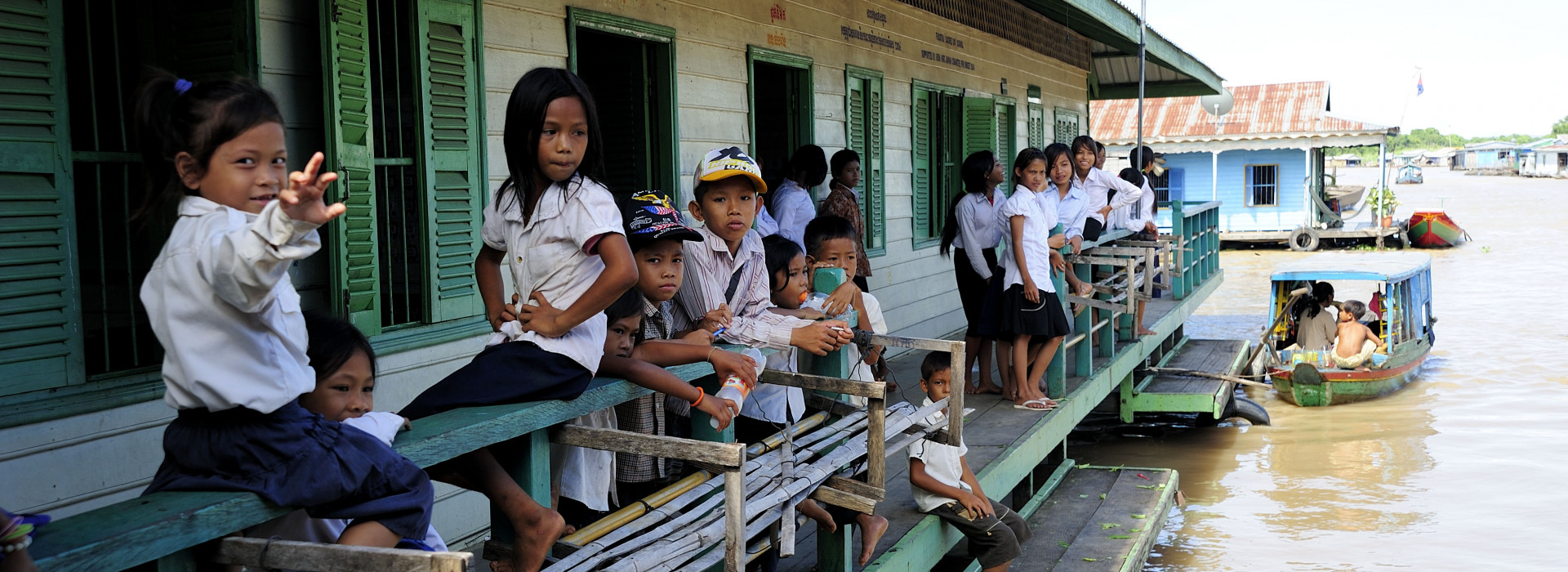
People
Work, eat and play. The everyday lives of tens of millions of people revolve around the Mekong River.
For a majority of them, the river is their marketplace. Fisheries put food on the table, producing around 2.5 million tonnes of protein every year.
Of more than 65 million people living in the Lower Mekong River Basin (LMB), about 40% live within 15 km of the Mekong River, most within 5 km of the mainstream. For many of them, the river is the regional highway that provides them with food security, livelihoods and access to trade.
The economies of the LMB countries have experienced a period of rapid growth and transformation over recent decades, which also benefits these riverine communities. However, millions in the LMB still live without basic amenities such as clean drinking water and electricity.
The Mekong countries are pursuing a range of development goals to boost their economies and improve the livelihoods of their people. As part of this, communities in the LMB may be impacted by intensified agricultural irrigation, large-scale hydropower development and cross-border waterway trade.
The Mekong River Commission (MRC) works with the region’s governments and stakeholders to ensure the sustainability of their development goals. The organisation provides expertise on basin-wide strategic planning and research-based technical advice to state agencies. It also works with political leaders and policy makers. The MRC supports the Mekong countries by turning policies into practice.
Through the MRC’s work, governments can ultimately make progress towards poverty eradication and boost their economies in a way that involves not just a single nation or group, but the basin and its people as a whole.